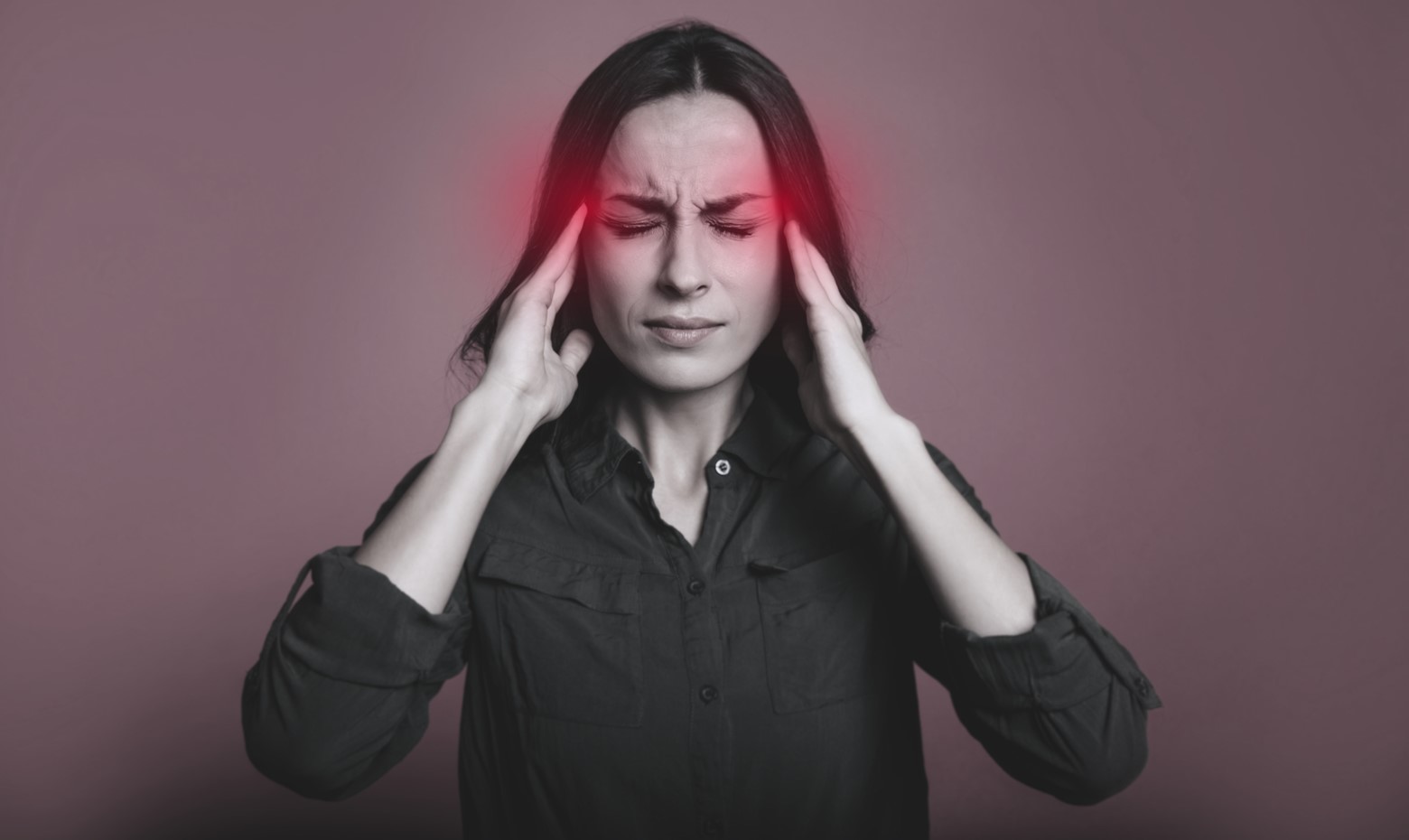Migraines are not your ordinary headaches. They can cause severe pain, sensitivity to light, and even nausea. They impact daily life significantly, reducing productivity and quality time with loved ones. Many people wonder if their diet might play a role in causing or relieving these debilitating headaches. Interestingly, what you eat might influence migraine symptoms. Is there a connection between what’s on your plate and the intensity of your migraines? Let’s explore this further.
Migraines and Their Link to Diet
Migraines are powerful headaches that can bring throbbing pain, often on one side of the head. They may include other symptoms like nausea and sensitivity to light or sound. For some, these headaches happen more often and are known as chronic migraines. But what triggers these headaches? Many people find that certain foods and drinks can lead to them or make them worse. Observing what you eat may help in reducing the frequency and strength of these headaches. Thus, diet could be key in migraine treatment options.
Identifying Dietary Triggers
Certain foods are known to trigger migraine symptoms in some people. Common culprits include caffeine, which can lead to withdrawal headaches when not consumed regularly. Aged cheeses contain tyramine, which tips the body’s chemical balance, leading to headaches. Processed meats have additives like nitrates and nitrites that are thought to trigger migraine causes. Artificial sweeteners like aspartame have also been reported by some to cause headaches. For instance, Julia, a frequent migraine sufferer, noticed worse headaches after consuming too much chocolate. Similarly, Sam found his headaches increased with daily consumption of diet sodas containing aspartame.
By identifying personal triggers and understanding potential migraine triggers, sufferers can better manage these headaches. Though triggers vary, starting with these common foods may help identify what affects you.
Foods to Avoid or Limit for Migraine Relief
For better migraine relief, it’s helpful to know which foods might cause trouble:
- Processed meats like ham, bacon, and salami
- Aged cheeses such as cheddar and blue cheese
- Alcohol, especially red wine
- Caffeine in coffee and energy drinks
- Artificial sweeteners like aspartame
The science behind these foods as migraine triggers often relates to chemicals that impact your brain’s sensitivity or blood flow. Not everyone reacts the same, but avoiding these can be an effective step in your migraine diet tips.
Nutritional Allies: Foods That May Help Prevent Migraines
Not all foods are bad when it comes to migraine relief. Some are beneficial. Foods rich in magnesium, such as nuts and seeds, are great because magnesium helps relax blood vessels. Omega-3-rich foods like salmon support overall brain health. Fiber-rich foods, including whole grains and fruits, help maintain stable blood sugar levels. Staying hydrated is also essential, as dehydration can trigger migraine causes.
In India, a diet high in fresh vegetables and legumes such as chickpeas and lentils, often found in traditional dishes, can be useful. Studies show that people who eat these foods often experience fewer headaches. Whether western or traditional, adopting a diet featuring these foods might reduce migraine triggers.
Practical Dietary Tips for Managing Migraines
When it comes to managing migraine symptoms, routine and awareness are your best friends. Here’s what you can do:
- Eat Regularly: Don’t skip meals. Keep your blood sugar steady.
- Stay Hydrated: Drink enough water daily to stay on top of dehydration-related home remedies for migraine.
- Keep a Food Diary: Write down what you eat and note any headaches that occur. Over time, patterns might emerge.
- Plan Meals: Choose foods that align with a migraine-friendly diet. Planning helps avoid last-minute unhealthy choices.
These everyday practices are simple but effective parts of migraine treatment options and help keep your headaches in check.
Exploring Diet Plans for Migraine Management
Certain diets are reputed to help manage migraines. The low-tyramine diet cuts out aged and cured meats and fermented foods. The ketogenic diet is high in fats and low in carbs, believed to stabilize blood sugar levels. The Mediterranean diet emphasizes fruits, vegetables, whole grains, and healthy fats like olive oil.
While all have their merits, what works for one person might not for another. It’s essential to consider personal preferences and lifestyle for effective migraine diet tips.
The Essentials of a Personalized Approach
Everybody is different, and so are their migraine triggers. Personalizing your approach means finding what works for you. Consulting healthcare professionals can help tailor a plan that fits your lifestyle and health needs. Making sudden changes can be overwhelming, so it’s wise to get professional input. Remember, your journey towards managing chronic migraine effectively begins with understanding your body’s unique needs.
Complementing Diet with Lifestyle Changes
Your diet doesn’t stand alone in managing migraine symptoms. Consider these other factors:
- Manage Stress: Practice yoga or meditation to keep stress levels low.
- Regular Sleep: Keep a consistent sleep schedule to avoid fatigue-related headaches.
- Exercise: Regular physical activity can reduce the frequency and severity of migraines.
By combining these lifestyle changes with dietary adjustments, you strengthen your chances of achieving sustainedmigraine relief.
Conclusion and Encouragement
Understanding the relationship between diet and migraine symptoms is empowering. Exploring food choices and making informed decisions with professional guidance can ease pain and discomfort significantly. Your path to fewer migraines begins with what you eat today!
Further Support and Resources
Consider using apps for tracking migraine triggers and patterns. Engage with recommended readings for additional insights. Join support groups where you can share experiences and gather advice. You’re not alone in this journey.
Say Goodbye to Migraines with Expert Care
Migraines don’t have to control your life. At Life Care Hospital, our specialized team offers personalized treatment plans to help you manage and alleviate migraine pain, so you can get back to living your best life.
Book an appointment today and start your journey toward a migraine-free life with the care you deserve!



